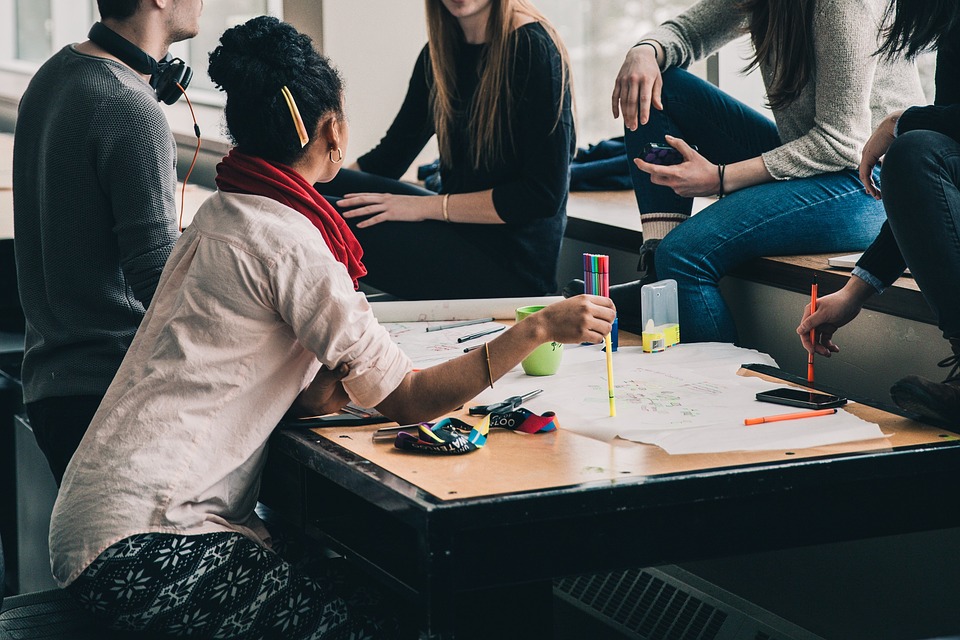Have you ever watched two children form a friendship? It’s effortless, innocent and sweet. Kids have an uncanny ability to walk up to a stranger on the playground, introduce themselves and instantly become friends – without even knowing each other’s name. Finding friendship in adulthood is a bit more challenging, but it doesn’t need to be.
In a recent blog post, we talked about the epidemic of loneliness and the toll that it takes on many of us. Friendship is a great way to combat loneliness. In fact, some studies suggest that who you choose as a friend is as important – if not potentially more important – than the family you were born into. So how do we make friends as adults? In a society dominated with stress and busyness, it requires effort and intentionality. These five tips should help.
- Bond over a common interest. Most people naturally gravitate to others who like to do the same things. So, instead of hastily dashing out of yoga at the end of class, for instance, stick around and chat with the person next to you. Not sure what to say? Practice your introduction beforehand: Hi, my name is ____. I’ve seen you here before and wanted to say hello. From there, the conversation will move on to where you both live, what you do for a living, where you grew up, and more. Exercise isn’t your thing? Try meeting friends at church, the dog park or even a cooking class.
- Volunteer. Because you share a common interest with others when you volunteer, it, too, becomes a great way to connect. After all, you obviously both care about the same organization. But volunteering is good for another reason: It tends to be task-oriented, which reduces the need for uncomfortable conversation, making it an easy way to form friendships.
- RSVP with a yes. Have you ever turned down an invitation simply because you were nervous about meeting new people? If the answer is yes, you’re not alone. The next time you’re invited to a co-worker’s barbecue or to a neighbor’s house for drinks, say yes. Sure, you may feel uncomfortable at first, but keep in mind that someone else is trying to connect with you. It’s also possible that you might not be the only uncomfortable person in the room. Introduce yourself to the person standing in the corner or off to the side. It will likely mean the world to them.
- Follow up. Be intentional when making new friends. When you connect with someone new, ask for his or her phone number. Follow up with a text later that day suggesting that you meet again. Everyone is busy these days, so be purposeful about getting something on the calendar.
- Use social media. While I’m a huge fan of developing relationships with people in the real world, social media offers some tools that can be helpful. For instance, you could use Facebook to find a local club or playgroup, or connect with someone you enjoy following on Instagram. You might also want to join an online community of people who are interested in a cause that’s near and dear to you. While you’ll miss the face-to-face interaction, you can still develop meaningful friendships and experience rich and rewarding conversations.
Forming friendships with other adults can be a daunting task. Try to be patient and remember that it takes some time. In the meantime, go ahead and put yourself out there. The friendships you cultivate will be well worth it.
David Lowenstein, Ph.D. is a psychologist and the clinical director of Lowenstein & Associates, Inc. in Columbus, Ohio. In addition to providing therapeutic services to individuals and families, he offers training and consultation to numerous associations, schools and agencies around the country. Additionally, he is a frequent radio and TV guest and a resource and contributing writer for numerous newspapers and magazines nationwide. Contact Dr. David Lowenstein at 691 South Fifth Street, Columbus, Ohio, 43206, or call 614.443.6155 or 614.444.0432.


